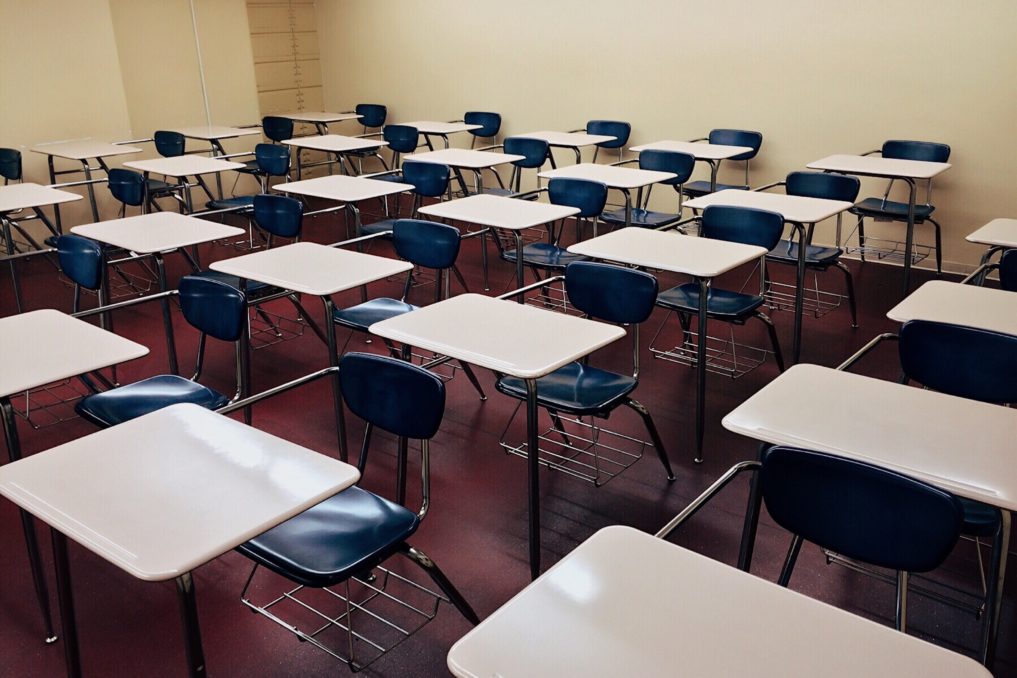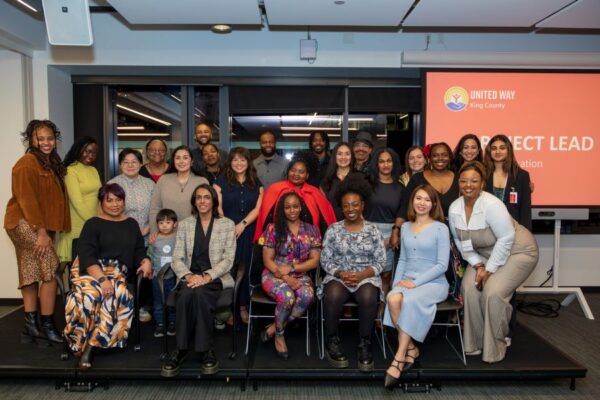This is the Most Important Grade For High Schoolers
When you hear the term “high school dropout,” what comes to mind? Whatever it is, it’s probably not a 14- or 15-year-old just out of middle school, a fresh-faced kid who doesn’t even have a driver’s license.
But the fact is, once those students reach ninth grade, they’ve hit the most precarious year of school.
For the record, we don’t like the term “dropout.” There are too many negative connotations that come with it. It doesn’t take individual factors into account, or that many students have to leave school for reasons beyond their control, (more on that in a minute). Instead, we call them “disconnected youth.” And that disconnection doesn’t have to be permanent. That’s why our program to help students get back on track is called Reconnecting Youth.
Let’s take a look at why the ninth grade is so pivotal:
It’s a scary new world
It’s a big transition, moving from eighth grade to that mythic place: high school. So much so, that it can be hard to navigate. One study showed that students’ unexcused absences quadrupled when they moved from eighth to ninth grade. Class sizes are usually much bigger and kids can feel adrift in the large student body. It doesn’t feel like any school they’ve attended before. One study in Chicago found that many students didn’t even think they had to attend high school every day.
Obligations outside of school
When families are on the financial brink, they might expect teenage children to chip in. Ninth grade students are at the age where they can get jobs, but jobs can get in the way of homework, which can lead to falling behind, which can lead to avoiding school altogether out of frustration or embarrassment. Not to mention the stress of helping support the family.
Or, instead of working outside the home, they have to pitch
in with childcare. Watching
over a younger sibling can mean no time for studying, which leads to
falling behind.
They’re on their own
Other students have no family support. Parents are busy working to keep food on
the table, or not emotionally equipped to help their children during the teen
years. Or, they’re not in the picture at all. So when the going gets tough in
high school, students don’t have anywhere to turn and fall farther behind.
If students aren’t getting support at home, a supportive teacher can be just as helpful. But there’s a snag here too: nationwide, teachers are overwhelmingly white women. However, studies show that students are less likely to drop out during high school if they’ve had teachers who look like them in their earlier years. One study concluded that low-income black boys who had at least one black teacher in elementary school were almost 40 percent less likely to drop out of high school. They also had a stronger interest in attending college.
They think they can’t
recover from academic fumbles
There’s a lot of pressure to succeed, fair or not, and not every student is
properly equipped or supported to handle it. One wrong grade can lead to internalizing
mistakes (a common one: “I’m bad at math and will never get better”),
causing students to spiral.
But there’s hope!
We’re working with nontraditional schools to show youth aged 16 to 24 that
they still have options. Places like iGrad help thousands of students earn
their diploma or GED.
Why does it matter? Because every young person deserves a shot at success, especially after a childhood where they felt unsupported and didn’t know where to turn.
Ninth grade should be the start of something big, not the beginning of the end. When you support Reconnecting Youth, you’re supporting those students who didn’t think they had a chance.





Comments